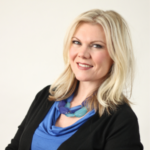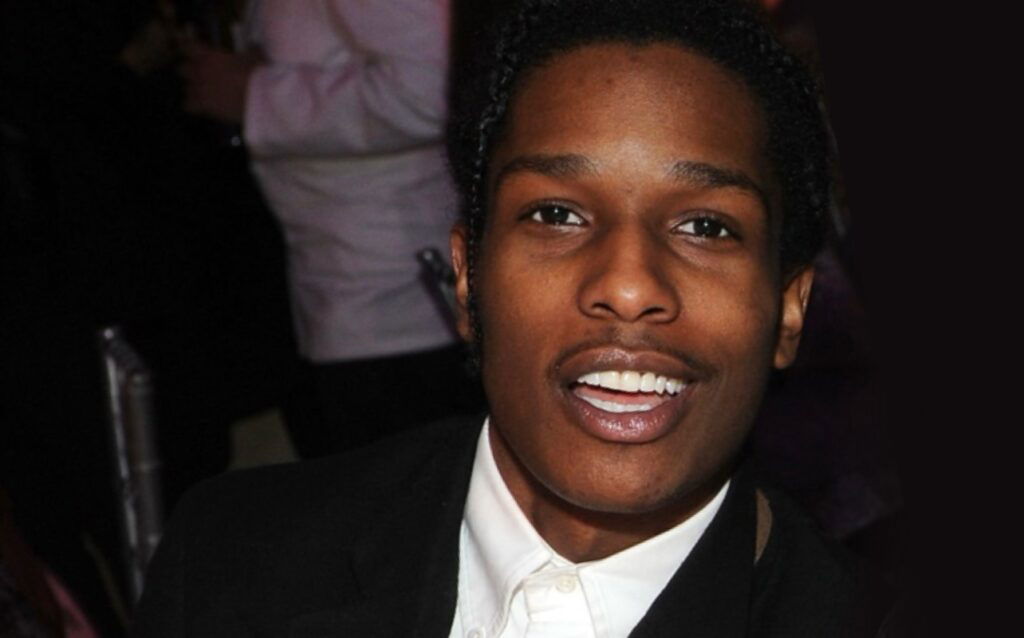In the fast-paced world of business, where change is the only constant, investing in your professional development isn’t just a wise choice—it’s a strategic move. One of the cornerstones of this approach is the belief that entrepreneurship is an extension of our aspirations, making entrepreneurship a lifestyle. This is where professional development extends far beyond traditional career advancement, and we get into the zone of professional vs. personal development.
While society is marked by digital disruption, global connectivity and rapid innovation, it has become more and more apparent that those who embrace a holistic approach to personal and professional growth are bridging the gap across what success means in all areas of their lives. In other words, acknowledging that the two are intertwined is necessary in the world we live in.
Today, entrepreneurs must be agile and adaptive if they want to survive and thrive in the competitive marketplace that’s engulfed in technological advancements, artificial intelligence and insurmountable opportunities. This sentiment is echoed throughout the entrepreneurial world, where motivational speakers and esteemed coaches reiterate an understanding that failures are not roadblocks—they are stepping stones to greater achievements.
To navigate these dynamic landscapes with confidence, one must recognize the need for ongoing skill enhancement and adaptability.
Professional vs. personal development: The symbiotic dance
World-renowned motivational speaker and serial entrepreneur Tony Robbins summarizes the symbiotic relationship between personal and professional development perfectly: “The only limit to your impact is your imagination and commitment.”
For entrepreneurs, this rings especially true. Your personal growth fuels the vision, passion and resilience required to navigate the tumultuous waters of business ownership. Simultaneously, professional development equips you with the tangible tools and expertise needed to turn your aspirations into reality.
Robbins references Warren Buffett, who has given the following advice: “‘The most important investment you can make is in yourself’… because when you add your skills and your abilities, you become more valuable…. Those skill sets are where every human being has to start if they ever want to have any form of lasting success in their life.”
Robbins goes on to explain the importance of self-improvement as a means to prosper and grow in a professional realm. Becoming financially successful, you need to “become a person that is constantly improving yourself in ways that are practical and measurable. You have to rely on your own performance. Very few people are going to do better or succeed in their business or their career unless they’re growing and expanding.”
Distinguishing between personal development vs. professional development
In simple terms, personal development is about becoming the best version of yourself, whereas professional development is about becoming the best in your field. Both are indispensable for sustained success.
Personal development can be an intimate exploration of the depths of one’s psyche. This involves introspection, emotional intelligence and the cultivation of a resilient mindset. Robbins says that the path to success is through massive determined action. The essence of personal development is the unwavering commitment to shaping your character, fortifying your resolve and conquering the inner battles that may hinder your journey.
At its core, personal development is the journey of self-discovery and growth, which includes working on any area that brings you closer to achieving a happier and more fulfilling life.
On the other hand, professional development is the deliberate enhancement of skills, knowledge and competencies relevant to your career or entrepreneurial pursuits. It’s the commitment to continuous learning and adaptation, ensuring that you remain at the forefront of your industry. After all, Robbins reiterates, the only way to do great work is to love what you do.
Knowledge is key to growth and longevity
Moreover, these are not diverse islands; rather, they form an interconnected energy in the sea of self-improvement. The synergy between the two is where the magic happens.
There are numerous reasons why an individual might pursue personal development or a business may invest in professional development for its employees.
For businesses, there is the benefit of reduced staff turnover, growing stronger teams and attracting great talent, which is a result of their employees’ increased confidence, newfound skills and career advancement. For individuals, there is the opportunity for personal growth, better relationships, increased self-awareness and safeguarding mental well-being. For business owners and entrepreneurs who engage in professional development, some of the benefits include the ability to push through setbacks, enhance client rosters and make more money by increasing professional rates.
The overlapping terrain of personal vs. professional development
To further examine the crossover, it’s worth imagining personal vs. professional development as Venn diagrams—two circles with overlapping segments representing the shared ground between them. This overlapping terrain is where transformative synergy occurs.
This is where Robbins advocates for aligning personal values with professional pursuits: “Success is doing what you want, when you want, where you want, with whom you want, as much as you want.” This replicates the idea that the most fulfilling success is one that harmonizes personal passions with professional endeavors.
Entrepreneurs in particular embody this synergy. The personal goal of fulfillment aligns with the professional goal of creating a business that not only succeeds financially, but also brings a sense of purpose and joy. Robbins’ assertion that “success is buried on the other side of frustration” becomes a guiding principle, urging entrepreneurs to navigate the challenges with a resilient spirit born out of personal development.
Mindset mastery: A common thread
Whether in personal or professional realms, the cornerstone of success often lies in mastering the mind. Robbins, an advocate for the power of mindset, states, “It’s not the events of our lives that shape us, but our beliefs as to what those events mean.” This encapsulates the crux of both developments—understanding that your beliefs and mindset are the architects of your reality.
When it comes to mindset, personal and professional development can help you foster the skills you need to develop critical thinking. The website CriticialThinking.org validates this claim by stating if you learn to think critically, you will automatically advance your effectiveness in all areas of your life. In turn, this enables you to “take control of the thinking you are doing in every part of your life in order to solve problems more effectively, make better decisions [and] recognize pathological and manipulative thinking.”
The overarching premise is that the pursuit of success is multifaceted, demanding a delicate equilibrium between both dimensions. Consequently, success for entrepreneurs and other career-focused individuals lies in their commitment to continuous learning and self-discovery.
Striking a balance: The key to holistic success
At the end of the day, we are all seekers of evolution and growth. Therefore, those who want to advance in their lives will continue to seek ways to enhance themselves. Most navigate this labyrinth seamlessly. The key is envisioning the intricate tapestry of success as personal and professional development threads woven together.
This article appears in the March issue of SUCCESS+ digital magazine. Photo by Galina Zhigalova/Shutterstock.com
Kerrie Lee Brown is an international journalist, author and women’s health advocate. Over the years, she has written for more than 150 publications worldwide and held numerous executive and senior editorial roles across Canada and the U.S. She has interviewed a plethora of Hollywood celebrities and some of the most inspiring thought leaders around the globe. Today, Kerrie Lee is the editor-in-chief of SUCCESS Enterprises’ impressive magazine portfolio and an advocate for authentic storytelling as the founder of RedLilyLife.com.







